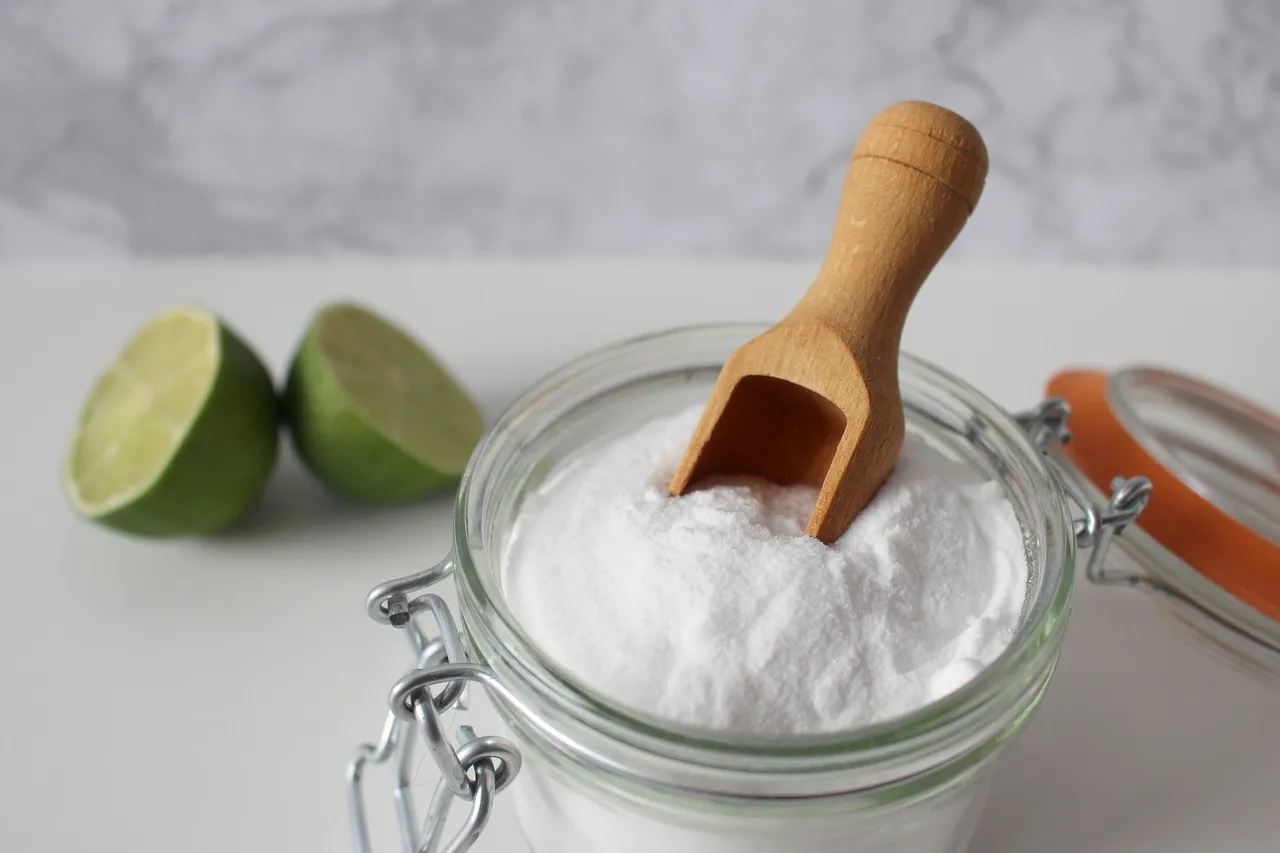Growing up, I was taught to stay far away from MSG, or Monosodium Glutamate. The stuff that will cause hemorrhages and eventually turn me into a brain-eating zombie, in search of more umami. Well, I guess I’m overinflating things a bit, but yes, every bottle was flipped over in search of MSG, E621, or the boldly stated Monosodium Glutamate.
It wasn’t until recently that myths surrounding MSG have largely been debunked, and as it turns out, that umami goodness isn’t all that bad for you.
Let’s go back to the beginning
During the 1960s, Chinese-American doctor Robert Ho Man Kwok, reported to the New England Journal of Medicine, stating he got sick after eating Chinese food. MSG became the main suspect, which quickly spiraled out of control. Various studies confirmed the negative effects of MSG, however, its recently been found that these studies were flawed. The methods used were copious amounts of MSG, direct injection, and various other flaws that have since proven these studies weren’t correctly controlled.
Fast-forwarding to the present, many global health authorities have deemed MSG to be safe. This is within reason, of course, as it would be with salt. Overconsumption of either could have negative impacts on your health.
Which is better?
Let’s look at the differences between the two.
MSG contains sodium and a compound known as glutamate. Glutamate occurs naturally in various foods, such as meat, tomatoes, cheeses, and more. Your body recognizes the processed glutamate the same way it would in these types of food sources, therefore your body absorbs and breaks it down in the same way.
As for salt, it is sodium chloride. Sodium chloride makes up around 0.4% of our body’s weight. It’s essential for us to consume, which occurs naturally in all foods. The problem is with overconsumption sodium builds up in your blood, which can cause various ailments due to increased blood pressure.
I believe the verdict isn’t quite conclusive. If you replace salt with MSG or replace some of it, you could reduce your sodium intake. As for earlier studies that claim MSG can cause issues such as weight gain, headaches, heart palpitations, nausea, sweating, etc., recent research has found no links. If, however, you do believe you’re experiencing symptoms, the best course of action would be to discontinue using it and discuss your concerns with a healthcare professional, before people start looking like they might be umami to you, haha.
In conclusion, more in-depth studies need to be done on the effects of MSG, however, all the current information shows that it’s not worse for you than salt, perhaps even better. I’m personally not that fearful of this zombie-inducing, umami-tasting flavoring anymore, however, as I do with salt, I stick to minimal doses.
What’s your take on the whole MSG vs salt debate? I’d love to hear some alternative views and opinions.
Sources:
| Healthline | NIH | Boxgreen | Mayoclinic |
Thanks for stopping by :)
Cheers!

